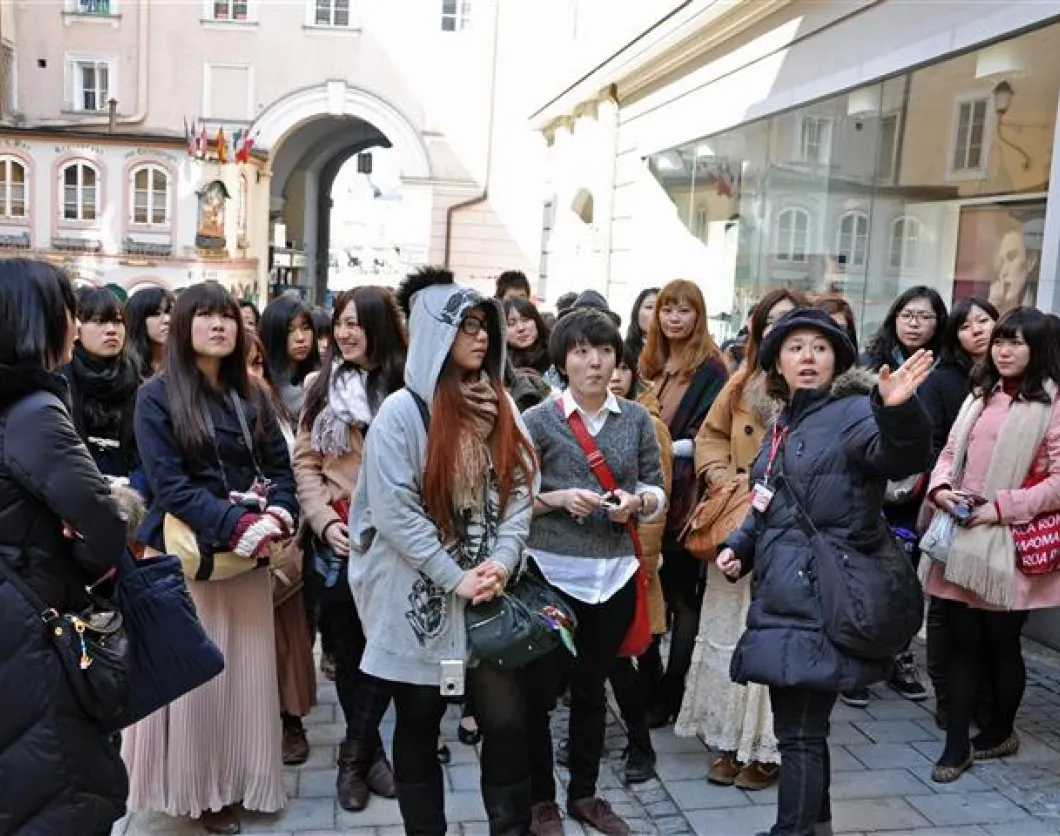European Cities Marketing (ECM) which is a network dedicated to help bolster competitiveness and increase performance of the major cities in Europe, at the beginning of June released its yearly ECM Benchmarking Report. Initial figures for 2014 show tremendous upsurge in bednights hosted by the European cities with increased growth of the Chinese market as well as the revival of the already established source markets for example Spain and Italy.
Comparative data collected since 2013 indicate 4.3% increase in foreign bednights. The data continues to point out that international bednights sustained a rapid growth rate compared to domestically sourced nights 4.3% vs. 2.9% respectively. This represents just over 65% of the total bednights which was 235.1 million in 2014. The report collected data for more than 110 cities.
In the past year, London and Paris registered the highest number of international bednights with very little positive increase. The other 10 cities made remarkable growth in foreign sourced bednights. Among the ten cities, four of them hosted between 4% and 6% more international bednights since 2013. Berlin and Amsterdam showed tremendous growth in international bednights by 6.4% and 10.4% respectively.
In 2014, the United States of America, Germany and the United Kingdom provided close to a quarter of the entire international bednights spent in the European cities. Since 2013, each one of these source markets experienced an increase by between 4-6%. Spain and Italy on the other hand registered increased growth rates as a source market after a reduction in the number of bednights spent in the European cities over the last few years.
The 2013 most promising growth market as far as international bednights is concerned, China, showed a remarkable growth by 13.2% in 2014 making about 1% of the entire bednights spent in the major European cities. The Chinese market had been already growing by 11.4% in 2013.
Japan, on the other hand, continued to register a decrease in bednights dropping by -4.1%. Russia also registered a further decrease with 7.9% after reporting a good growth rate of 9.4% in 2013.
Ignasi de Delas, the head of European Cities Marketing declared that those results provided decisive insights into European city competitor sets. He continued to say that internationalization is the key-most important word in the development of tourism in most countries. In 2014, international bednights grew up to 1.9 times more than the rate of domestic tourism growth in the cities. With an average of 65% of the international guests and the revival of the Italian and Spanish markets, European cities can now cope with the retrogressive growth of some markets like Japan and Russia.
The ECM report shows that the continued success of city tourism in most European cities is based on a rich mix of source markets. Despite of all the political and economic factors, the cities’ strategic focus on foreign visitors is among the main reasons for the success of the cities. Bednights numbers that represent tourists from China are continuously growing over the past year. This gives the City Tourism Managers confidence in the power of the European tourism industry.












